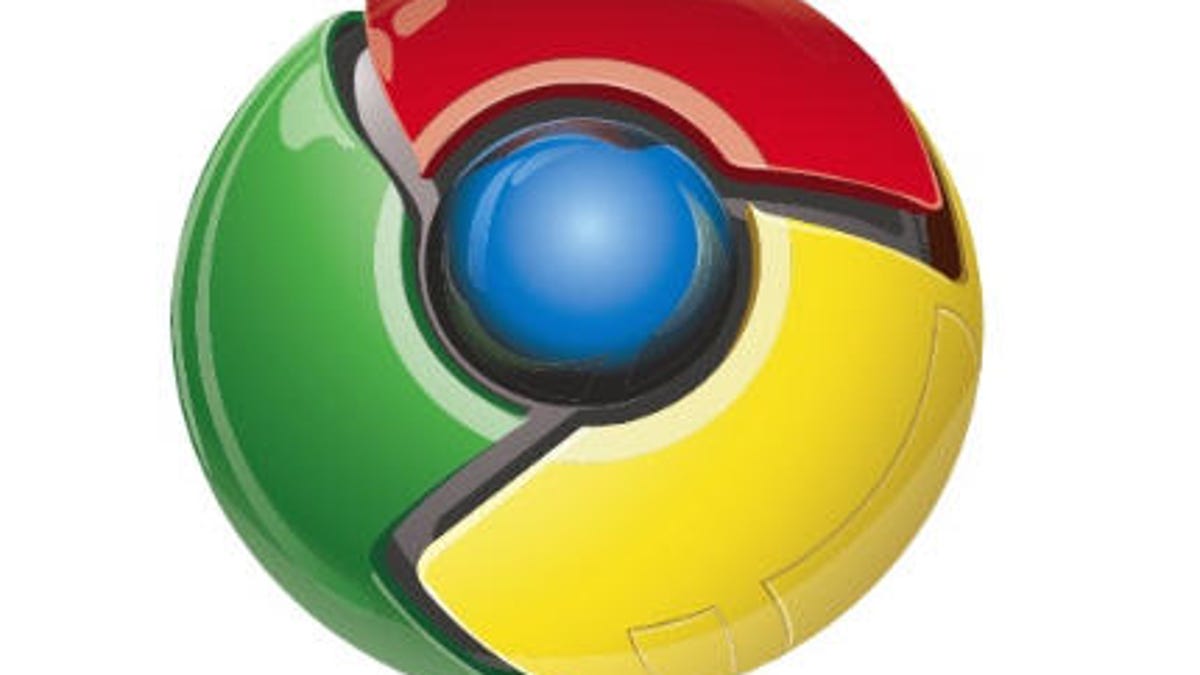Chrome and Android
As part of its quest to get users on the Internet and connect to their services, Google created Android and Chrome.

As Google Android is for the smartphone market, Chrome will be for the Netbook industry. At least, that is Google's hope. The company views its two platforms as not necessarily replacements to existing operating systems, but rather as alternatives. And as part of its quest to get users on the Internet and connect to their services, Google created Android and Chrome.
Much of today's mobile applications run in the cloud, pulling data from a server as opposed to loading files from a device. If you have an Android handset, you know about the constant sync between your phone and the Google cloud. Indeed, contacts, e-mails, and more are literally updated by the minute. Chrome looks to be an extension of this idea, but designed for larger screens.
With Chrome, there will be no need to worry about whether an app is compatible or updated because it will not reside on any hard drive. Instead, everything comes from the cloud. At first, people might think they'd miss out on some of the day-to-day function of their desktops, but a closer look will show that much of what you do offline can be replicated when online. Google Docs, Calendar, and Reader all have replaced native apps on my desktop. Android does this very well with devices like the Archos A5 media tablet.
What's more, there's the added benefit of not needing to carry USB drives or flash memory. I can create a document in the cloud and leave it there. Even often-accessed files like photos and music can be held for you. Photobucket can host all your images and the recently announced Google Music Search can help you find the music you want.
This is fantastic news for developers because they can create applications that work on all major platforms at once. Just write it for a WebKit-based browser (Android, iPhone, WebOS) and you're done. There will be no need to learn multiple languages and you'll no longer have the "which platform to write for" dilemma. Google already has committed to start building apps to run in the browser for Android, iPhone, and other handsets. They even showed off a concept of Gmail running in airplane mode on an iPhone.
Other companies are following suit. Adobe recently unveiled its Photoshop application for Android. The title includes an autouploader that sends your pics to Photoshop.com's cloud storage. For a preview as to how this could work, check out Aviary. It has been offering cloud-based photo editing for desktops and laptops for a few years.
Google also announced today that data connections on Chrome Netbooks will come from 802.11n wireless cards. Yet, it wouldn't surprise me to see notebooks integrated with 3G or 4G capability running on Sprint's nationwide Clear network by the time the devices go on sale. Google has invested in Clearwire and has agreements in place for mobile advertising and search. This partnership also will see devices based on Android being deployed on the network.

